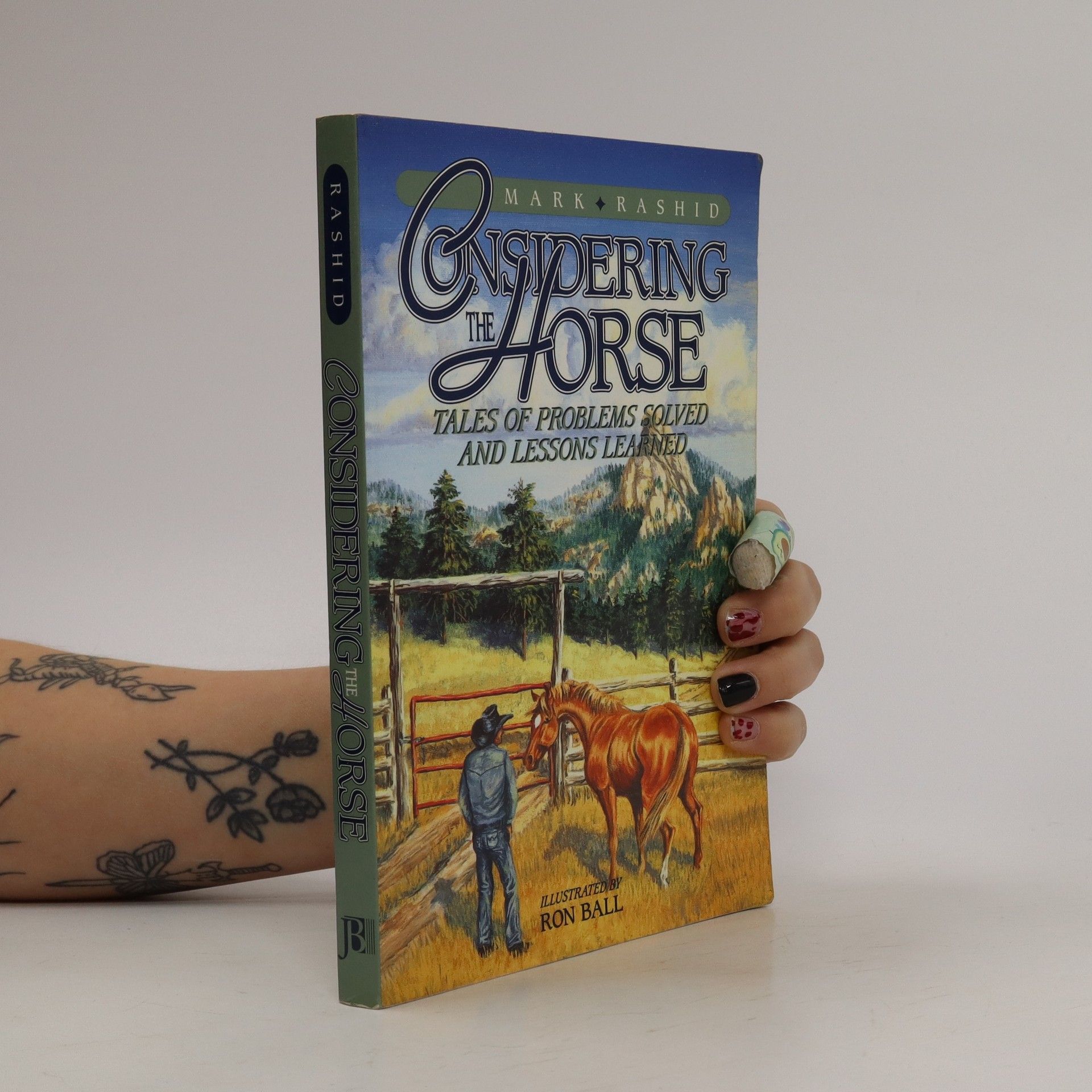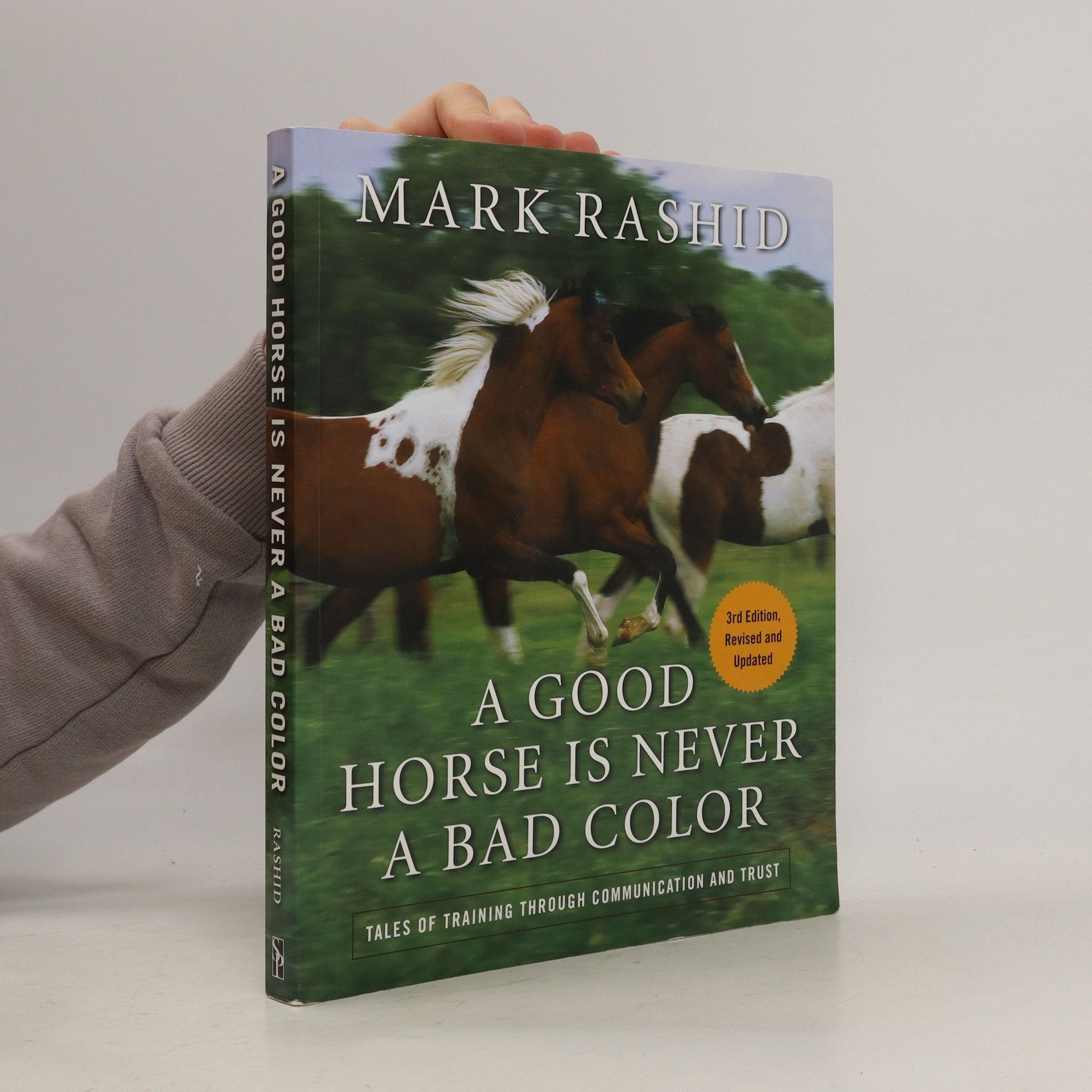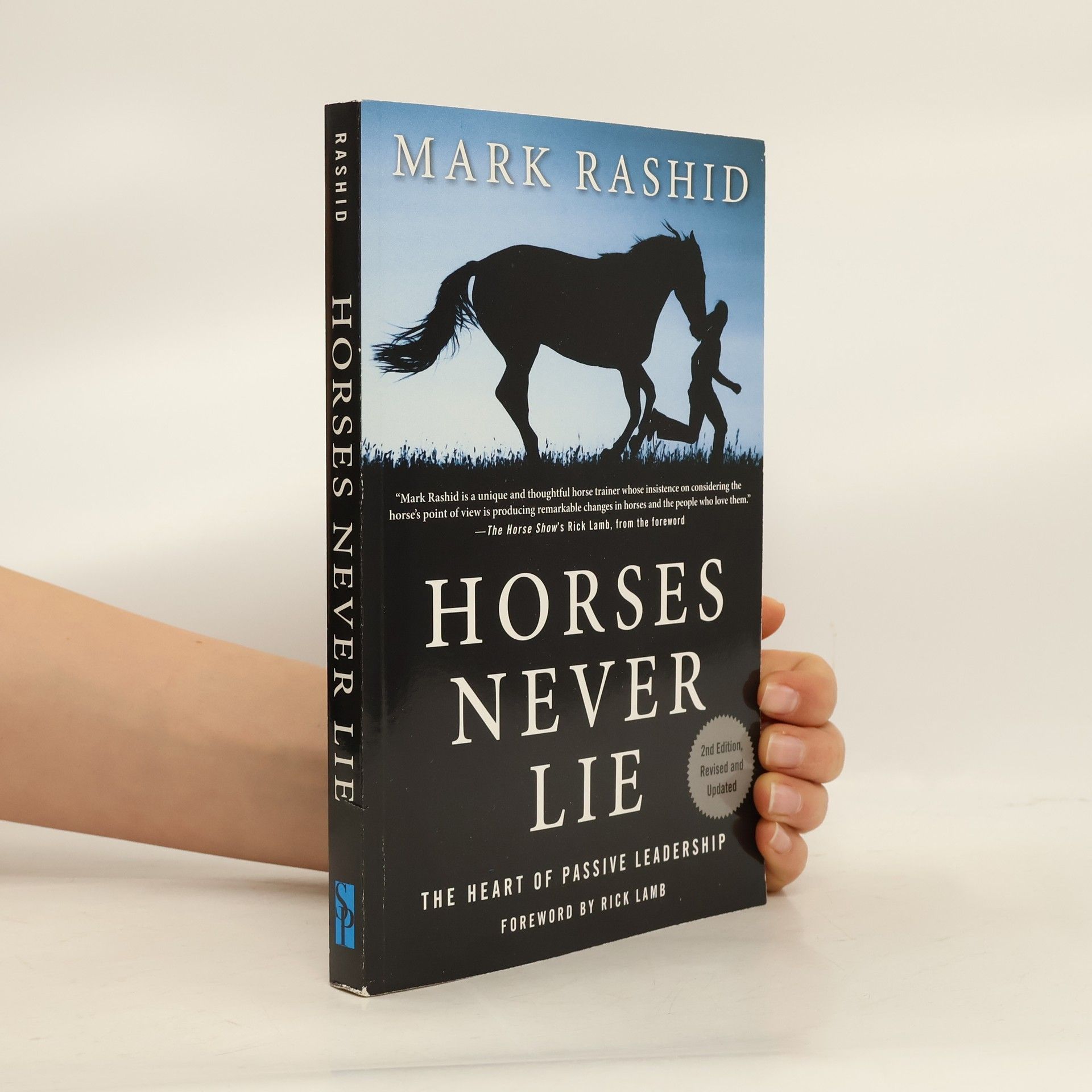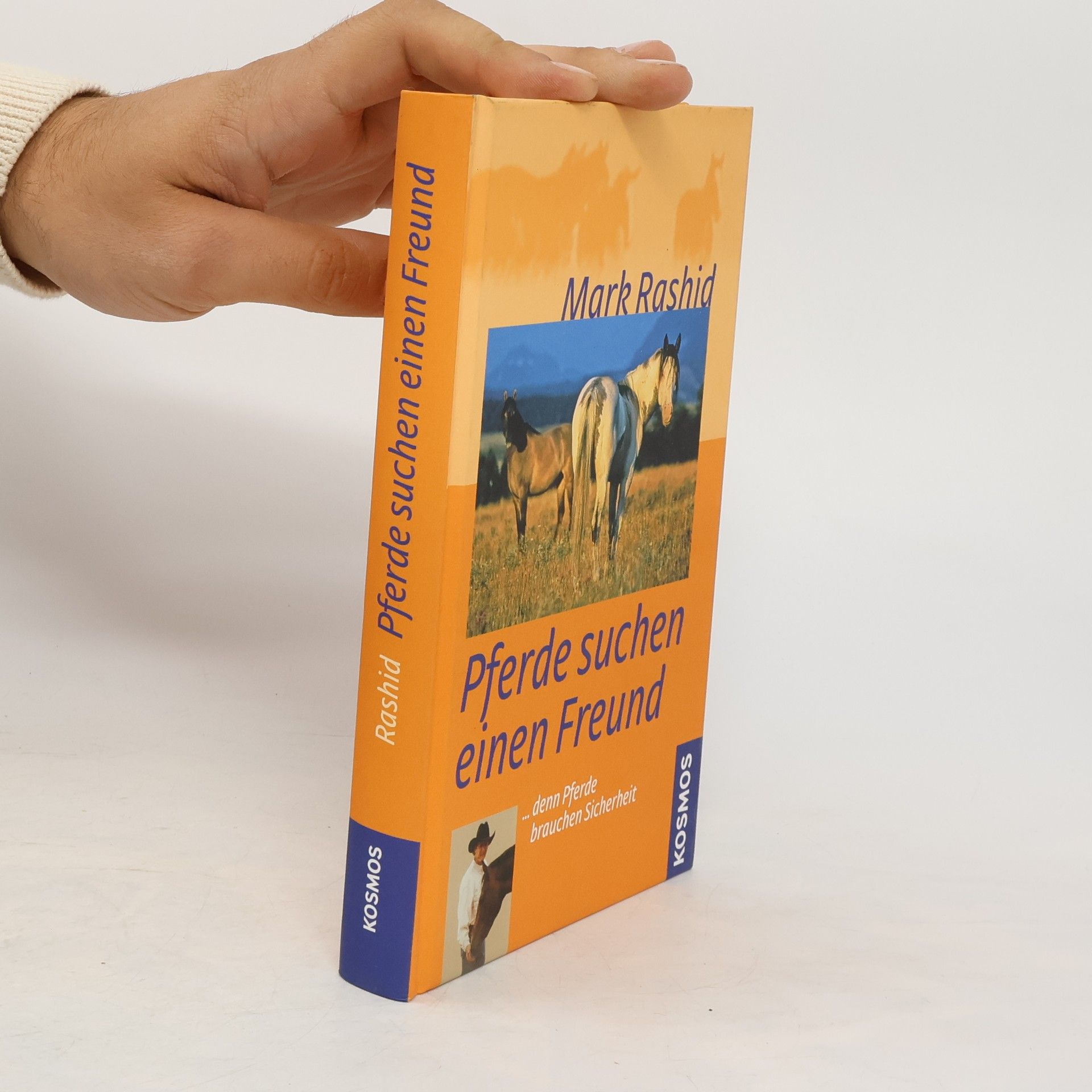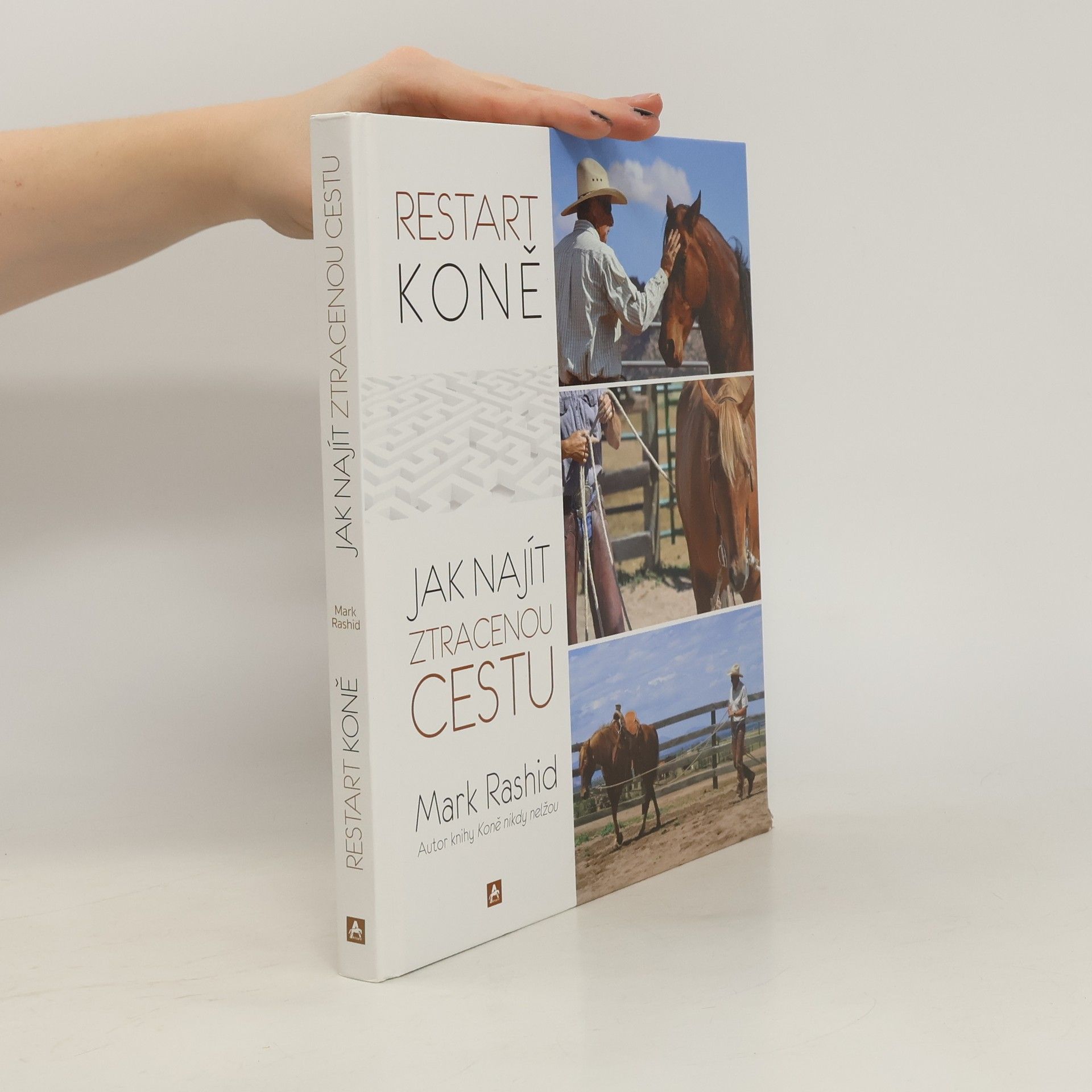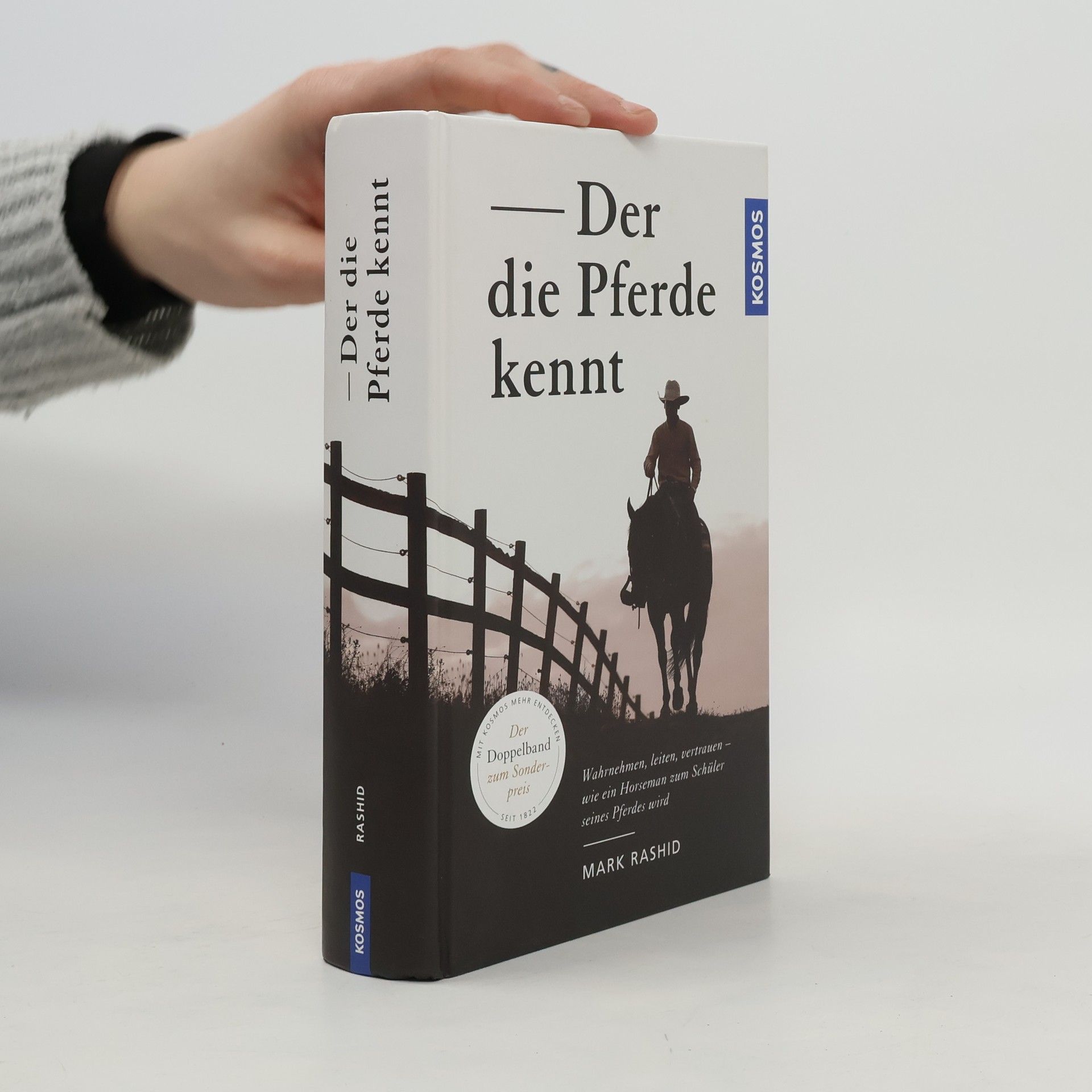Horses Never Lie
- 240bladzijden
- 9 uur lezen
Learn to train your horses with compassion and understanding. In Horses Never Lie, renowned horse trainer Mark Rashid introduces us to his revolutionary method for training horses. He emphasizes the importance of balance: “It has always been my contention that working with horses is, or at least should be, a delicate balancing act between finding how much or how little direction it will take to help the horse we are working with understand whatever it is we are trying to teach. Too little direction and our efforts might become ineffective. Too much direction and we may develop resistance and animosity between our horse and us.” With this sensitive, thoughtful approach, Rashid challenges the conventional wisdom of “alpha leadership” and teaches the reader to become a “passive leader”—a human counterpart to the kind of horse other members of a herd choose to associate with and to follow. Applying Rashid’s principles and techniques helps cultivate horse personalities that are responsive and dependable regardless of the rider. Reliving Rashid’s experiences with him, you will come to feel the same sort of compassion and appreciation for your horses that you do for the people in your life. This edition features additional notes at the end of each chapter that contribute to a more complete understanding of Rashid’s methods and philosophy.

